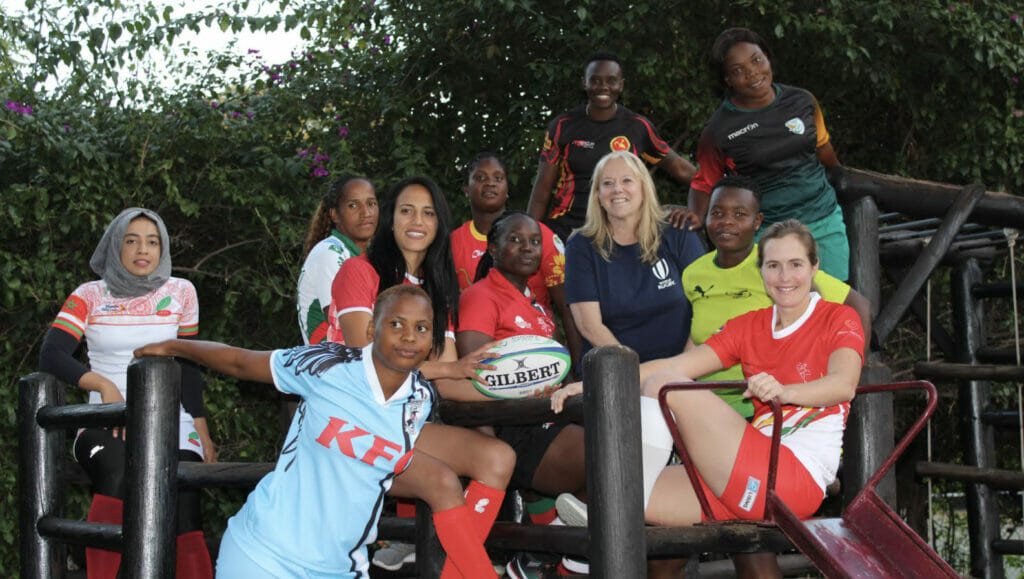China signed the upgrading protocol of its Free Trade Agreement (FTA) with New Zealand (via video link) on Tuesday 26th January. The new commitments show a positive sign of the Sino-NZ partnership to combat the pandemic as well as to support multilateralism and free trade. The New Zealand Ambassador to China, Clare Fearnley stated, “both NZ and Chinese exporters will benefit from the upgraded trade rules through easier processes, reduced compliance costs, and expanded market access in some areas.”
Hainan also issued the industry catalogue for its Free Trade Port (effective starting from 1st Jan 2021), which focuses on tourism, modern services, and new & high-tech industries. This is a clear signal of China’s commitment for opening up the country further and facilitating free trade and investment.
The upgraded FTA gave us a head start to 2021, and we can certainly expect rapid growth in bilateral trade & investment between China and New Zealand this year.
HOW KEA CAN HELP YOUR BUSINESS GROW
Kea Connect
Kea Connect is a free service that will help your business grow offshore. We connect you personally with regional, sector-specific experts and peers.
Resources
Kea is here to help New Zealand businesses grow offshore. Be inspired and hear advice from businesses who have created their export path.
Jobs Portal
Looking for the right talent for your team? Reach our global Kiwi community through the Kea international job portal.

 MENU
MENU









